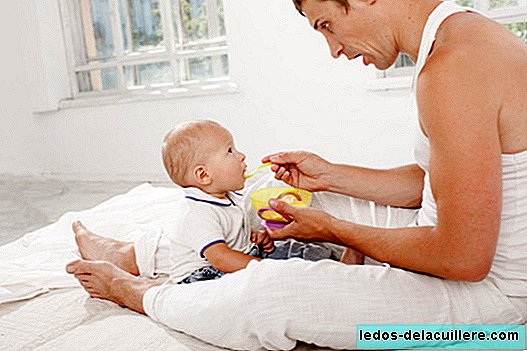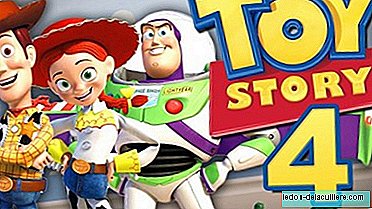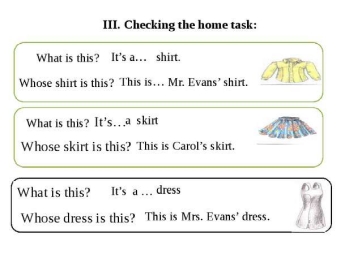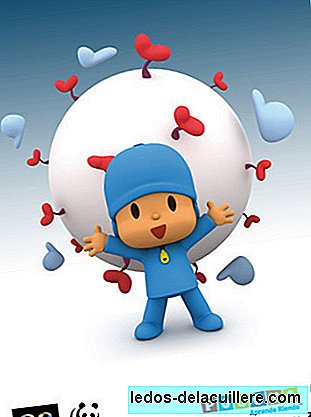The way in which we communicate with our children since they are born, and even since they are inside the womb, leaves a mark on their personality, much more than we believe.
Mom and dad are the baby's reference person, especially mom (the influence of mother tongue is very strong). Their whole world passes through you, they absorb what we teach and say as sponges, and as they grow they transmit what they have received, therefore if you are empathic with your children, they will be empathic with others.
The example teaches
Children do what they see. If you say swear words, they will say them, if you throw papers in the street, they will throw them away, if you treat others badly, they will too. Likewise, you speak properly, you are a good citizen and you treat others with respect, they will do the same.
Respect for children is fundamental, not only because they deserve all our respect and attention, like any other person, but because through our relationship with them, we are also teaching them to be respectful of others.
We are shaping your brain
The children's brain is completely moldable during the first years and feeds on the experiences it receives from its surroundings. The hugs and caresses we give (and those we don't give), the way we address them and even the words we use generate neuronal connections that are tracing their brain map.
As parents, we want that brain map to be as rich as possible and emotions have a lot, but a lot to do at this point.
If we are able to cto communicate with our children through emotions, even if they barely have months to live, we will be able to empathize better with them, and in turn, they will do so with others. It is an ant job that we must do every day with them and that will impact on a life-long teaching.
Mothers help children to be empathic
According to a recent study by the University of York, especially the language of mothers towards children has a great influence on their future social skills.
The way in which mothers addressed their babies while they played when they were 10, 12, 16 and 20 months old was recorded again and then observed again when they were 5 or 6 years old.
The results showed a strong and positive correlation between the comments related to the minds of the mothers when they were young and the score obtained by the children to understand the thoughts of others at 5 and 6 years of age. In other words, mother's empathy moves to the son.
Communication with your children

Research such as the latter demonstrates the importance of communicating with children, since they are babies, in a positive way. Caresses, kisses, being in arms, physical contact, as well as the words we use and the way to address them marks their personality.
But as children grow older, they get angry, respond and show us their personality, the way we interact with them is also important.
Understand their tantrums, accompany them in their emotional processes, avoid expressions like "you are bad", "you are capricious" and ultimately, communicate with them through empathy It will help our children grow happier and in turn be empathetic people with other people.












